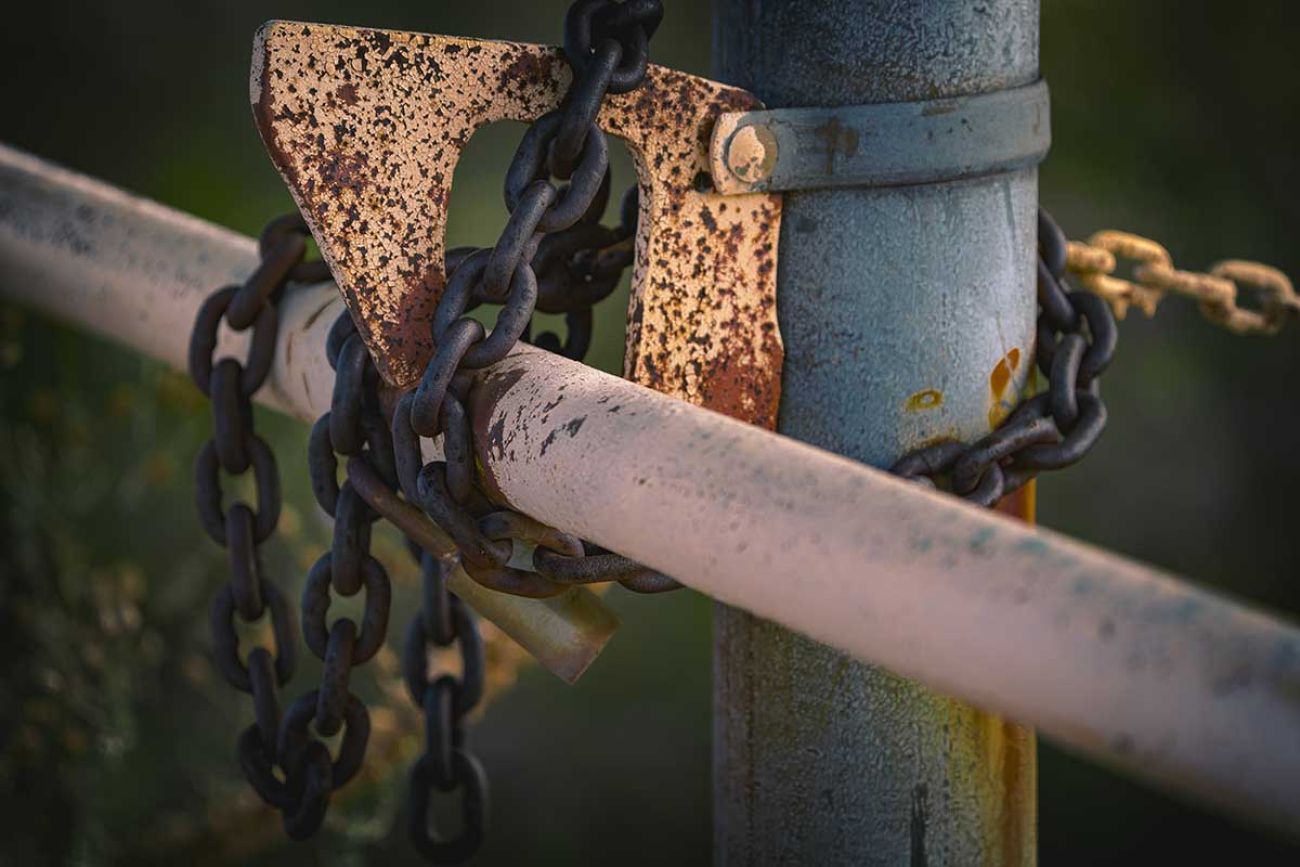Key findings in Bridge Michigan auto project

As automakers tap into generous public subsidies to build electric vehicle plants in Michigan, communities across the state continue to suffer from the industry’s polluted past.
Bridge Michigan set out to quantify the toll unaddressed factory contamination has exacted on Michigan, and what the state can do to avoid repeating history as automakers and suppliers race toward an EV future.
We found:
- As automakers and suppliers build new EV factories on rural farmland, they are leaving old, contaminated plants behind with uncertain futures and hidden perils, failing community after community.
- Taxpayers have subsidized at least $259 million in cleanups at more than 100 Michigan sites linked to the industry. The true toll is far higher, but impossible to calculate because of gaps in government data on contaminated sites.
- Record-breaking state incentives for Michigan’s new EV factories come with few environmental requirements attached, prompting fears that in the race for jobs the state will again not hold industry accountable for contaminants left behind.
- Laws limiting industry liability for contamination routinely stick taxpayers and local communities with cleanup. But the state doesn’t invest the funding to keep up, leading to an ever-growing list of dirty sites.
- Michigan has fewer people working on contaminated site cleanup today than three decades ago, when the number of known contaminated sites was nine times smaller.
- When companies discover pollution on their property, Michigan law generally does not require them to tell state regulators what they found or how it is being addressed. As a result, communities often don’t learn of environmental peril until a factory closes and the company leaves town.
- Bankruptcies have allowed automakers and suppliers to skip out on hundreds of millions in environmental liabilities. State law can’t prevent such maneuvers, but experts say Michigan could require up-front financial assurances from polluting industries to better protect communities and taxpayers.
- This fall, lawmakers say they are pursuing changes to state business incentives and contamination cleanup laws, with an eye toward holding industry more accountable.
The latest on pollution in Michigan:
- Michigan ‘polluter pay’ bills coming, following Bridge auto industry probe
- Did auto industry pollute your Michigan town? Find out with interactive map
- Photos: See how auto companies left trail of pollution, toxins in Michigan
Read our full coverage of the automotive industry’s contaminated legacy here. In the coming months, we’ll continue pursuing stories on unaddressed environmental harms of Michigan’s industrial past.
Have a tip or story suggestion? Reach out to environment reporter Kelly House at khouse@bridgemi.com or business editor Paula Gardner at pgardner@bridgemi.com.
Join us for live discussion Thursday on Michigan’s industrial legacy
On Thursday, Sept. 28 at 12 noon, Bridge Michigan business editor Paula Gardner and environment reporter Kelly House will discuss their industrial legacy reporting project. Senior editor David Zeman will moderate this interactive discussion. Bring your questions!
Michigan Environment Watch
Michigan Environment Watch examines how public policy, industry, and other factors interact with the state’s trove of natural resources.
- See full coverage
- Subscribe
- Share tips and questions with Bridge environment reporter Kelly House
Michigan Environment Watch is made possible by generous financial support from:
Our generous Environment Watch underwriters encourage Bridge Michigan readers to also support civic journalism by becoming Bridge members. Please consider joining today.
See what new members are saying about why they donated to Bridge Michigan:
- “In order for this information to be accurate and unbiased it must be underwritten by its readers, not by special interests.” - Larry S.
- “Not many other media sources report on the topics Bridge does.” - Susan B.
- “Your journalism is outstanding and rare these days.” - Mark S.
If you want to ensure the future of nonpartisan, nonprofit Michigan journalism, please become a member today. You, too, will be asked why you donated and maybe we'll feature your quote next time!






